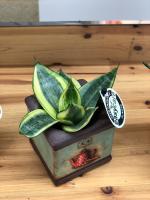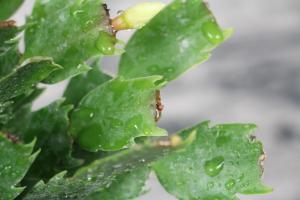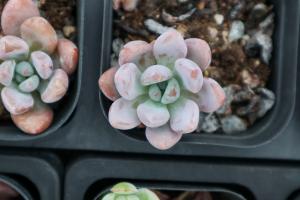How to Protect Your Tomato Plants from Rats
Tomatoes are one of the most beloved vegetables in your garden, providing a variety of delicious flavors in a variety of dishes. Unfortunately, rats are not big fans of your tomato plants and will not hesitate to feast on them if given the opportunity. The good news is that there are several methods that you can use to protect your tomato plants from rats. Here are some ideas:
1. Remove any hiding places for rats
Rats are opportunistic creatures and will take advantage of any hiding places you give them. To prevent rats from using your garden as a nesting ground, periodically remove debris and unused garden items. Keep your garden as clean and tidy as possible, and be sure to keep all compost and trash cans tightly sealed. If you have a shed, make sure it is sealed tightly as well, with no holes or cracks that might allow rats in.
2. Securely fence your garden
Rats are excellent climbers, so your fence should be at least 18 inches high and buried several inches into the ground. If you have a garden that sits on top of dirt, you will need to bury your fence at least a few inches below the dirt level to make it secure. Use sturdy chicken wire material that will not rust or corrode easily. Remember to also add a roof to your garden, as rats are also great jumpers and climbers.
3. Use rat repellent plants
Rat repellent plants like marigold, catnip, garlic, and mint will keep rats away from your garden. These plants contain plant chemicals called volatile oils, which are toxic to most small animals. Plant them around your garden and, if you can, add them to your garden soil for extra protection.
4. Use traps
If all else fails, you can use traps to catch rats in your garden. Traps come in different sizes, shapes, and designs. You can use snap traps or baited live traps to catch and release the rats. Be sure to check the traps regularly, and use gloves when handling dead rats or traps.
5. Use poison
While we do not recommend this method, if you must use poison, use it with caution. Rat poison is poisonous to humans, pets, and wildlife as well as rats. If you use poison, put it in rat bait boxes or rat bait stations, which are designed to keep the poison safe from non-target species. Always follow the manufacturer's instructions and keep the boxes/stations out of reach of children.
By following these tips, you can help prevent rats from eating your tomato plants. Don't forget, working to keep rats out of your garden can benefit the health of your entire garden and ensure you get a fruitful harvest.

 how many times do yo...
how many times do yo... how many planted tre...
how many planted tre... how many pine trees ...
how many pine trees ... how many pecan trees...
how many pecan trees... how many plants comp...
how many plants comp... how many plants can ...
how many plants can ... how many plants and ...
how many plants and ... how many pepper plan...
how many pepper plan...
































